Although not as popular as poultry farming in South Africa, duck farming has a number of advantages and benefits. Ducks are widely available all over the word, and their many breeds make them useful for a number of reasons.
Meat and egg production:
Like chickens, ducks can be kept and bred for their meat and eggs. Although duck meat is not as frequently found on South African supermarket shelves, there is a niche market for it. Some breeds of duck are able to grow quite large and produce a good amount of muscle and meat.
Production capacity:
Ducks produce eggs that are highly nutritious and slightly larger than chicken eggs, with higher levels of Omega-3 fatty acids, vitamin B12, and lots of vitamin E. Ducks eggs also have a thicker shell, making them less likely to break, while also ensuring a longer shelf-life.
Less noisy:
Male ducks, called drakes, do not crow and instead make a low rasping sound. Unlike chickens, which are known for cackling once they’ve laid an egg, this does not happen with ducks.
Pest control:
If you are planning to keep ducks in your backyard, you will be pleased to find that they are experts at keeping the level of pests like slugs and snails to a minimum, saving your vegetables and crops.
Hardy:
Ducks tend to have a stronger and hardier immune systems than other types of poultry thanks to their higher internal body temperatures, meaning that they are less susceptible to avian diseases and external parasites. Because of the extra layer of fat on their bodies, ducks are also more resistant to the cold.
Better egg-laying capacity:
Ducks are able to lay eggs throughout the winter without an artificial source of light, and also have a very good egg-laying consistency throughout the year.
Better temperament:
Ducks generally have a mild and friendly temperament, appearing more inquisitive than aggressive.
Sold on the idea of farming with ducks, but not sure what to start feeding them? Check out our range of duck feeds here, or contact your nearest Epol Technical Advisor here.

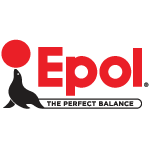
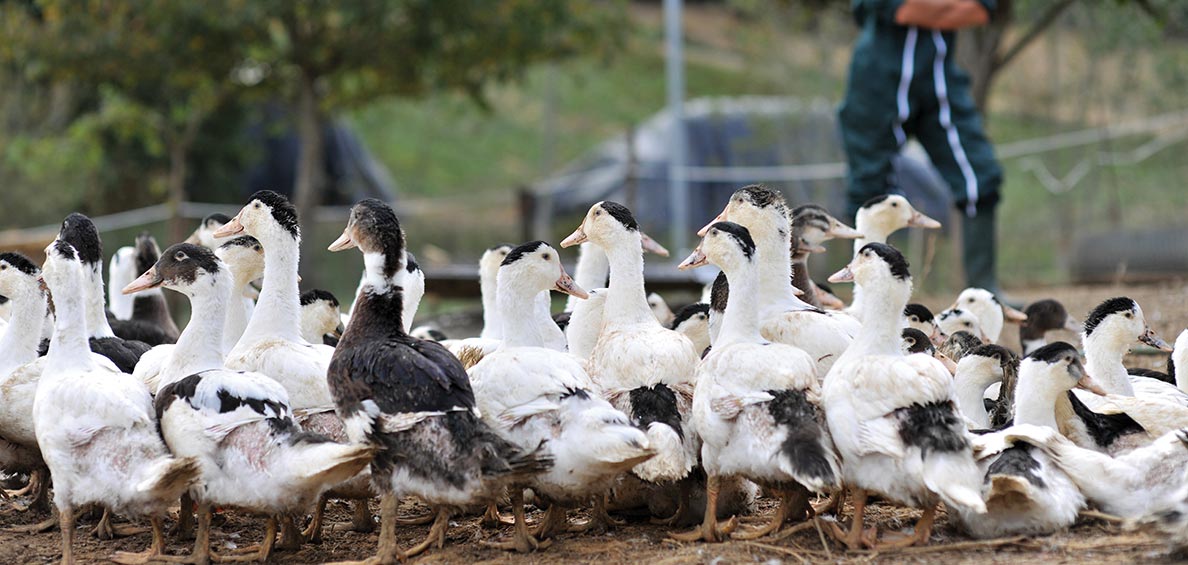
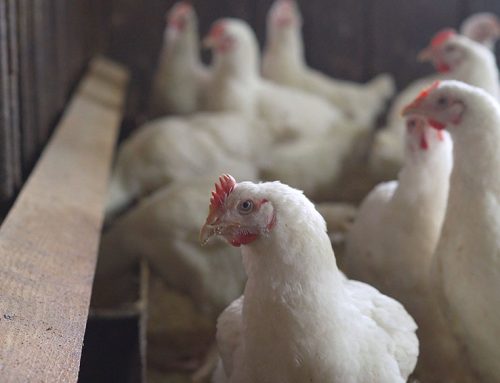
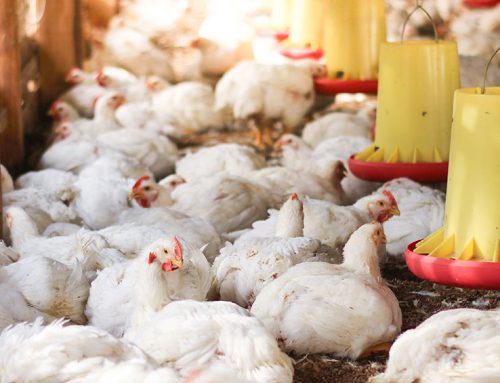
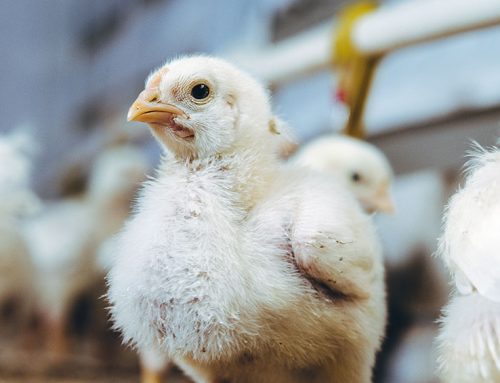
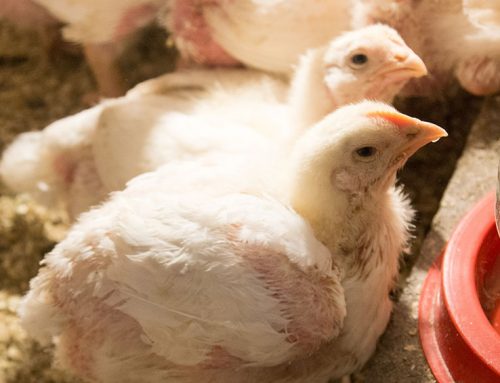
Leave A Comment